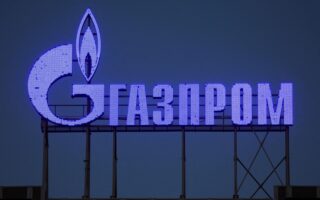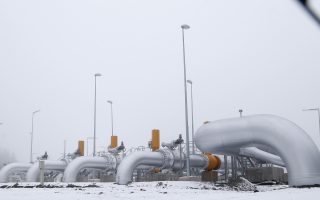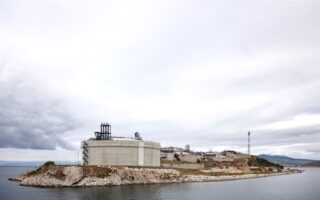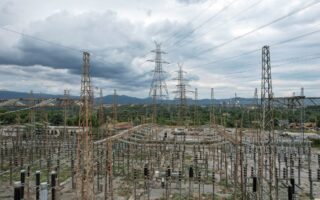The third way on Russian gas
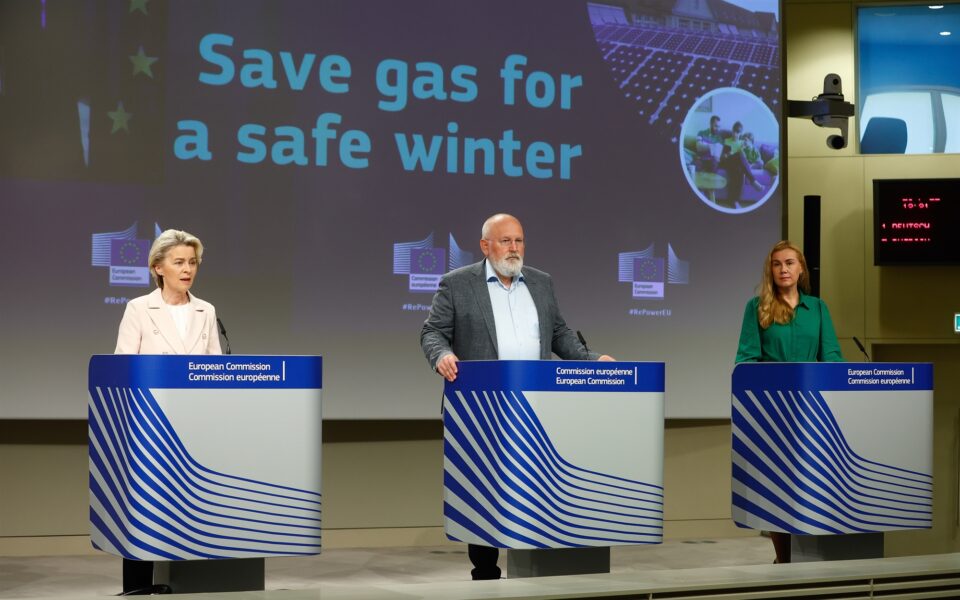
The recent decision reached by the European Union’s energy ministers for the upcoming winter represents a landmark for Europe’s energy security. First of all, it calls on member-states to draw up a valid plan for reducing reliance on natural gas through March 2023 and, secondly, it sets a framework for reducing consumption in an emergency situation, meaning if Russian flows continue to drop or cease entirely. While the plan is a solid foundation for protecting the continent against the challenges that lie ahead in the winter, there is a lot more that can be done.
Discussions in Brussels were based on a series of scenarios developed by the European Commission for the coming months. The EU executive estimates that if the Russians turn off the tap completely, Europe will need to reduce consumption by 15% in the period through March 2023 (in relation to average annual consumption). In absolute quantities, this is a reduction of around 45 billion cubic meters (bcm). The Commission sought to distribute this reduction across the member-states by proposing a horizontal reduction for everyone. The proposal passed with several asterisks and exceptions that, among others, strengthen Greece’s position.
Effectively, the proposal looked at the management of a complete cutoff, and what would happen when and if flows stopped. The decision comprises a process of voluntary reduction, which member-states would develop on their own. In some countries, the process may be beneficial, but voluntary schemes tend to have limitations, especially when they do not also include incentives for reducing consumption (beyond the astronomical rates that already serve as a deterrent). Another problem with adopting a series of diverse measures is that it is difficult to quantify with any precision. For example, how certain can anyone be that households will indeed turn down the thermostat when winter sets in? And when will we know if the measures are working?
The mechanism proposed by Greek Prime Minister Kyriakos Mitsotakis for subsidizing a reduction in consumption in industry seeks to provide an answer to this precise problem. If, as Europe, we could find a large part of the 45 bcm that we would miss in the case of a complete cutoff from Russia, we would be able to show Moscow and the markets that Europe can make it through the winter, even without Russian gas. This would reduce uncertainty and stem the rise in prices.
Voluntary schemes tend to have limitations, especially when they do not also include incentives for reducing consumption
How would such a scheme help? In mid-June, before Russia started reducing flows through the Nord Stream 1 pipeline, the price of natural gas was around 80 euros per megawatt hour (MWh). Now it has shot up to above 200 euros per MWh. Part of this hike is down to fear that Europe will not have enough gas to get through the winter. The Commission estimates that by the end of March 2023, Europe will use some 300 bcm of gas, so every 10-euro rise in rates will cost roughly 33 billion euros. Therefore, from 80 to 200 euros per MWh, we’re talking about an additional cost of 400 billion euros – and this is for natural gas alone, without adding the cost of electricity, which is also rising along with gas.
Finding these quantities before the onset of winter would be a game changer for the energy market. It would deflate prices and would disarm Russia of one of its key weapons. It would bring relief to households, businesses and state budgets. And if the mechanism were bankrolled through European resources, it would also be a show of solidarity and an opportunity for countries benefiting from the de-escalation of the crisis to help other fellow member-states with a smaller reliance on Russian natural gas.
The Greek prime minister’s proposal constitutes a third way between the mandatory and voluntary reduction of consumption. It builds on earlier ideas presented by Greece for reducing the price of gas. It is a European solution, without this meaning that Greece will not adopt measures to protect its economy. It is a move that needs to be made soon, and across the bloc. It is also, perhaps, the last initiative that could radically improve Europe’s position as it heads into a tough winter, by ensuring a smooth and predictable reduction of consumption that would reduce energy prices and protect the economy against the prospect of a complete shutdown of natural gas flows from Russia.
Nikos Tsafos is the Greek prime minster’s special adviser on energy matters.
